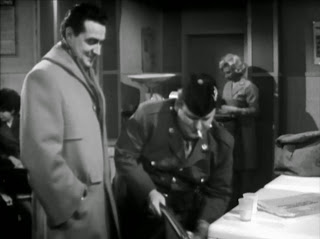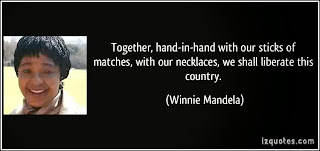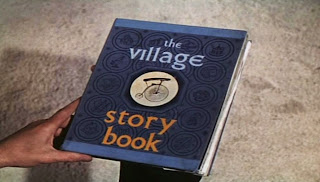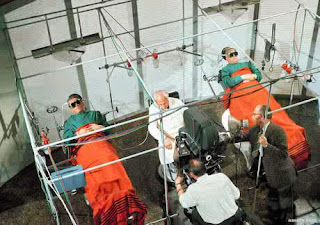Seventies TV: Dick Emery (with specific reference to the film Ooh You Are Awful... But I Like You)

Yes, I know this is supposed to be about TV, but I happen to have the Dick Emery film, which includes his trademark characters & humour, & not the TV version, which I've tried to watch in the past & found hard-going. The DVD has recently come back into my possession when a friend had a clearout of her flat & pointed out that it was full of my stuff, as she cleared out her handbag of some random weird stuff, which I was delighted to see again. The show actually ran from the 1960s to the 1980s, therefore including my target decade here. Emery came from a theatrical family, & the fact that this show can be described as vaudeville places it in a different era of entertainment: 'The show, which ran irregularly from 1963 to 1981, involved Emery dressing up as various characters, "a flamboyant cast of comic grotesques". These included the buck-toothed Church of England vicar, sex-starved, menopausal, man-eating spinster Hetty, and Clarence, an outrag...


















